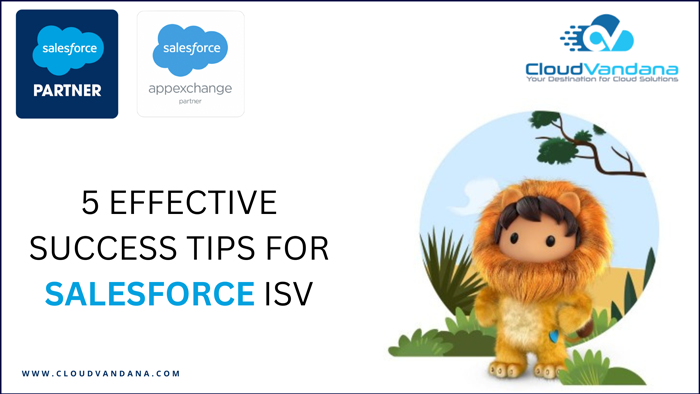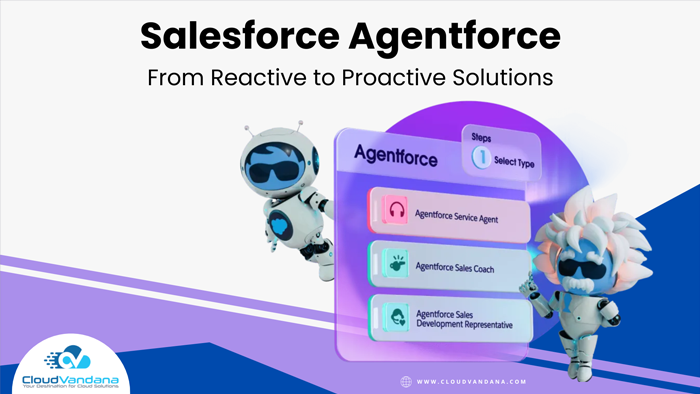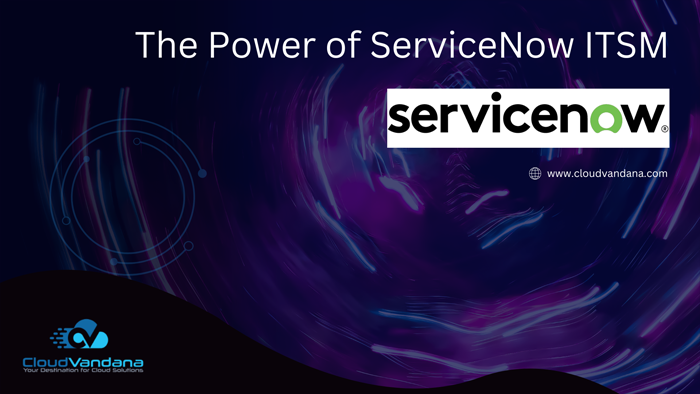ISV stands for Independent Software Vendor. Salesforce ISV is a company that builds application-specific software to function on a platform. ISV partnership is a way companies sell their applications to customers through the AppExchange Platform.
In this blog, CloudVandana will discuss five effective success tips for ISV partners.
Salesforce is considered the #1 CRM solution across the world. The platform has grown from a small startup in 1999 to a significant CRM service provider in the SaaS industry.
Salesforce ISV
ISV is a partner organization that built a Salesforce platform product available on the AppExchange. ISVs primarily focus on developing bundled applications that can be integrated into the Salesforce company after being downloaded from AppExchange. As a result, customers receive updates and functionality for specific business needs.
The Salesforce Economy includes Consulting partners, ISV partners, and third-party providers. It is a very effective solution for firms to introduce their products and services to clients.
Effective Success Tips For ISVs
1. Finding A Suitable Business Model
Organizations must choose the best business model determined by the program’s type of management. Some applications may require monthly updates and experience or offer an unusual move up to the client’s Salesforce framework. If businesses are likely to gain more significant benefits, then granting licenses based on the number of users is a good idea.
2. Track The Scoreboard
It is essential to keep a track record of the partner scorecard. This can be accessed under the Manage tab in the partner local area and represents the ISV standing. The factors include- The rate of determination, client feedback, identification of Trailheads, development for total revenue, etc. Organizations should understand the points to improve their position as effective ISV.

Salesforce-Google Drive Connector
https://appexchange.salesforce.com/appxListingDetail?listingId=a0N4V00000GgRxvUAF
3. Clear Idea About The Goal
A clear idea about the products and their functionalities is required while creating an application. The product should be cost-effective so that most people can access it. The product should simplify the pain points of the clients and deliver the best solution.
4. Test Run
It is recommended to evaluate a solution before implementing it in the production environment. Most AppExchange applications have the ‘try a demo’ option so that users can experience the product before purchasing it. Though it totally depends on the application provider, so the users may not be able to try the application.
5. Security Check
To authenticate the application’s security, users should review the security review requirements, ensuring that the application meets the AppExchange security requirements. The app should pass the required security review criteria.
Are you looking for a Salesforce AppExchange partner to get the best advice regarding the apps and tools that might accelerate your workflow? Please feel free to schedule a consultation call with the reputed Salesforce Partner CloudVandana and stay ahead of the crowd.
Please check out our latest application and schedule a demo for more details. Call Now.










